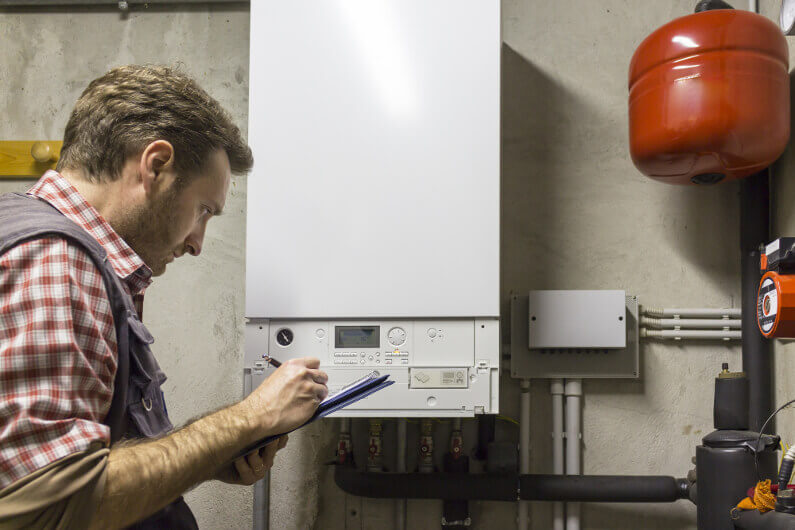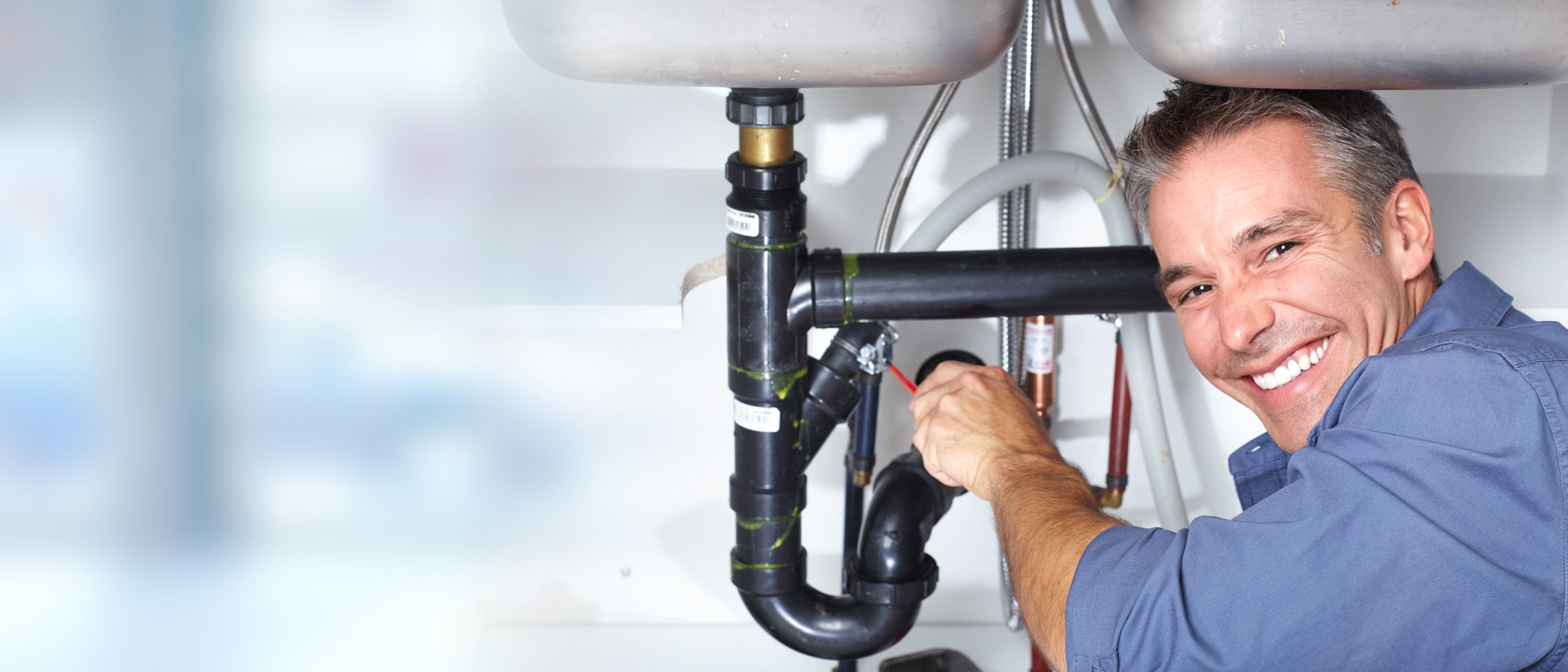Learn Stop Six Habits Damaging The Plumbing Systems
Learn Stop Six Habits Damaging The Plumbing Systems
Blog Article
Have you been trying to locate info on Leak Detection and Repair Without Destroying Your Home?

The trick to long lasting devices, unsurprisingly, is proper upkeep. There's no set rule that can assure your plumbing home appliances a long wear, but you can protect against unneeded damage and also repair services by avoiding negative plumbing practices.
You should quit doing these 6 things else you'll maintain calling your plumber over for minor faults.
Flushing every little thing
Yes, your bathroom drainpipe results in the sewage systems, however that does not imply you should discard simply anything down the tubes. Many 'flushable' products are in fact terrific clog starters, as an example dental floss. Asides maintaining apparent non-flushable products like wires as well as plastics out of your commode, you must also prevent flushing cotton swab, menstrual products, wipes, daipers and also condoms down the bathroom drainpipe.
DIYing every little thing
With plumbing, a stitch in time really does save nine. You can protect against a fullblown plumbing emergency by calling your plumber at the right time.
You may have discovered a couple of plumbing hacks from your father, yet you ought to understand where to draw a line and call a professional. For instance, you might have the ability to fix a blockage on your own, yet you shouldn't try to alter a pipeline. You can mismatch pipes or overtighten a screw, creating more injury and damage than you believed. Calling a plumber is a secure and budget-friendly choice.
Making use of too much drain cleaner
Using a drain cleaner greater than one or two times a month is a sign that something serious is going on within your pipes. Now, rather than dealing with the major concern, you go with a quick fix; a fizzy drain cleaner. Rightfully, a drainpipe cleaner will deal with the obstruction, yet at what price?
The chemicals in a drainpipe cleanser can accelerate the deterioration of your pipes. Include that to whatever underlying trouble is causing the clog as well as you may have to a major problem on your hands.
If you experience too many clogs, call your emergency plumber instead of using a drain cleaner.
Putting oil in the sink
We understand effectively getting rid of grease after a hearty meal is a pain. But merely putting it away can do lasting damage to your pipes. "The fat and grease can obstruct your drainpipe terribly adequate to require you to call a plumber," discusses Dawson. "Plumbing works best when it's well cared for-- not abused with oil."
Not transforming your dishwashing machine pipes
One simple way to ensure that you utilize your dishwashing machine for several years is to replace the hose pipe at least as soon as in 5 years. This likewise makes an application for washing equipment pipes.
In time, food particles, soap and also oil can create blockages within your pipes. Changing them in a timely manner will protect against any type of presure build up that can harm the inner workings of your dish washer or cleaning maker.
An enhanced steel entwined pipe does an excellent task of prolonging your equipment's use time.
No winter months safety measures
Extreme climate condition are bad for your pipes, particularly if they're made of steel. You need to protect your revealed pipes, and also your water storage tank, even if you have a hot water heater. You ought to additionally shut off your yard hose pipe shutoff and also any other external water networks. These channels are electrical outlets for cold; you pipes can begin to freeze from outdoors if you don't.
Prevent Water Damage from Plumbing and Appliances
Prevent toilet failure
Be patient after you flush and wait for the valve to completely finish refilling the tank and bowl. If an overflow looks imminent, lift off the tank cover and lift the float to shut off water flow to the tank, and then turn off the supply valve.
Twice a year, inspect a toilet’s components, such as the fill, supply, and flush valves, and the supply line. Make sure you can turn off the supply. If you have older screw type valves that are hard to turn or start leaking, consider replacing them with simpler ball valves that are easy to shut off quickly.
Inspect and maintain your water heater
Inspect your anode rod every two years, or every year once the warranty has expired, to determine if it needs to be replaced.
Flush water heater tanks every six months to remove sediment by attaching a garden hose to the valve at the base. For safety, first turn off the power and run hot water until it is cool.
Get an annual inspection from a plumbing professional including the shut-off valve and all piping. Signs of broken valves and loose or wet joints and rust are a sign that more severe damage is coming.
Maintain washing machine supply lines
Look for signs the supply hose may be ready to fail—blisters in the hose, worn tubing, stress cracks, or a loose connection.
Replace the supply hose with a reinforced steel braided hose if it shows any sign of wear.
Tighten the connection if it feels loose. The most common site of failure is near the connection where the hose bends.
Replace supply hoses every five years, even if there is no obvious deterioration or wear. Some signs of deterioration may occur from the inside out and may not be visible until it is too late. When replacing washing machine supply hoses, always choose a reinforced steel braided hose over the traditional un-reinforced rubber hose. These hoses will last longer and are far less likely to result in a catastrophic water loss.
Prevent plumbing failure
Never pour grease down the drain.
Plant trees away from lateral drain lines to prevent roots from damaging piping.
If your home’s sewer system is connected to the city’s sewer system—a particular problem for older homes—or if you are located downhill or below street level, contact a plumbing professional to install a backflow prevention assembly into your sewer system.
Call a professional if you notice signs of a plumbing problem—an increased monthly water bill, banging pipes, rust stains, moisture in the walls or on the floor, and signs of wet soil erosion near the foundation.
https://disastersafety.org/maintenance/prevent-water-damage-from-plumbing-and-appliances/

We hope you liked our article about Don’t Let an Earthquake Damage Your Plumbing. Thank you for taking time to browse our short article. Do you know another individual who is curious about the subject? Take a moment to promote it. I truly appreciate reading our article about Can Hard Water Ruin Your Appliances?.
Click Here To Find Out More Report this page